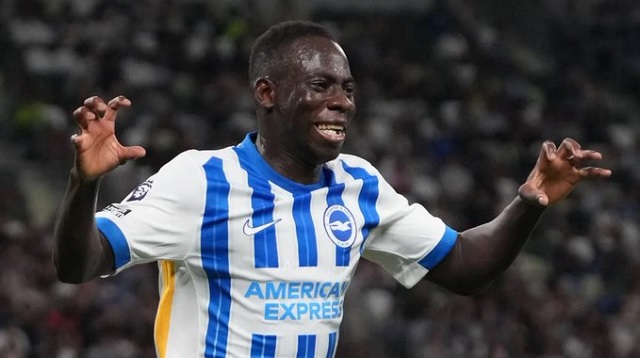
Key Insights Institutions' substantial holdings in Byline Bancorp implies that they have significant influence over the company's share price The top 5 shareholders own 52% of the company If you want to know who really controls Byline Bancorp, Inc. ( ), then you'll have to look at the makeup of its share registry. And the group that holds the biggest piece of the pie are institutions with 43% ownership.
That is, the group stands to benefit the most if the stock rises (or lose the most if there is a downturn). Since institutional have access to huge amounts of capital, their market moves tend to receive a lot of scrutiny by retail or individual investors. Therefore, a good portion of institutional money invested in the company is usually a huge vote of confidence on its future.

Let's take a closer look to see what the different types of shareholders can tell us about Byline Bancorp. Institutions typically measure themselves against a benchmark when reporting to their own investors, so they often become more enthusiastic about a stock once it's included in a major index. We would expect most companies to have some institutions on the register, especially if they are growing.
As you can see, institutional investors have a fair amount of stake in Byline Bancorp. This suggests some credibility amongst professional investors. But we can't rely on that fact alone since institutions make bad investments sometimes, just like everyone does.
When multiple institutions own a stock, there's always a risk that they are in a 'crowded trade'. When such a trade goes wrong, multiple parties may compete to sell stock fast. This risk is higher in a company without a history of growth.
You can see Byline Bancorp's historic earnings and revenue below, but keep in mind there's always more to the story. We note that hedge funds don't have a meaningful investment in Byline Bancorp. The company's largest shareholder is Antonio Del Valle Perochena, with ownership of 27%.
In comparison, the second and third largest shareholders hold about 9.7% and 6.5% of the stock.
In addition, we found that Roberto Herencia, the CEO has 0.8% of the shares allocated to their name. To make our study more interesting, we found that the top 5 shareholders control more than half of the company which implies that this group has considerable sway over the company's decision-making.
Researching institutional ownership is a good way to gauge and filter a stock's expected performance. The same can be achieved by studying analyst sentiments. There are a reasonable number of analysts covering the stock, so it might be useful to find out their aggregate view on the future.
While the precise definition of an insider can be subjective, almost everyone considers board members to be insiders. Company management run the business, but the CEO will answer to the board, even if he or she is a member of it. Most consider insider ownership a positive because it can indicate the board is well aligned with other shareholders.
However, on some occasions too much power is concentrated within this group. Our information suggests that insiders maintain a significant holding in Byline Bancorp, Inc..
It has a market capitalization of just US$1.2b, and insiders have US$397m worth of shares in their own names. That's quite significant.
Most would say this shows a good degree of alignment with shareholders, especially in a company of this size. You can The general public-- including retail investors -- own 14% stake in the company, and hence can't easily be ignored. While this size of ownership may not be enough to sway a policy decision in their favour, they can still make a collective impact on company policies.
It seems that Private Companies own 9.7%, of the Byline Bancorp stock. Private companies may be related parties.
Sometimes insiders have an interest in a public company through a holding in a private company, rather than in their own capacity as an individual. While it's hard to draw any broad stroke conclusions, it is worth noting as an area for further research. It's always worth thinking about the different groups who own shares in a company.
But to understand Byline Bancorp better, we need to consider many other factors. For instance, we've identified that you should be aware of. But ultimately , not the past, that will determine how well the owners of this business will do.
Therefore we think it advisable to take a look at ..














